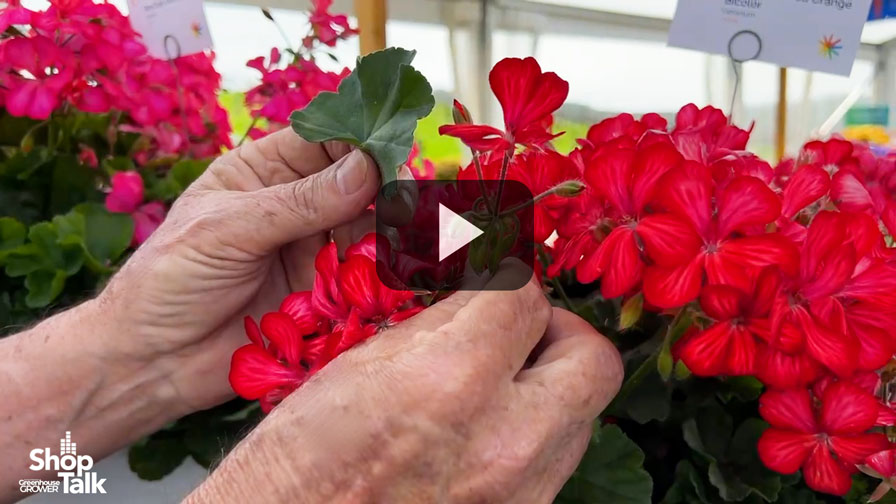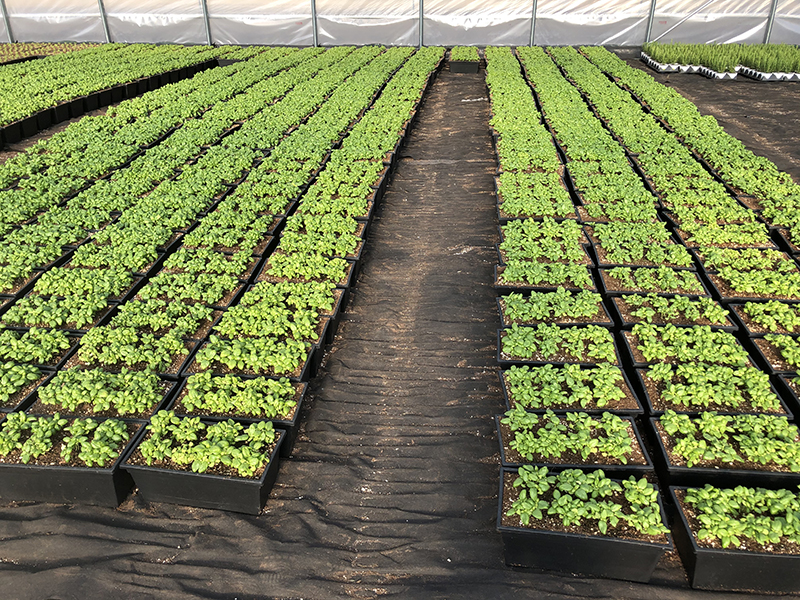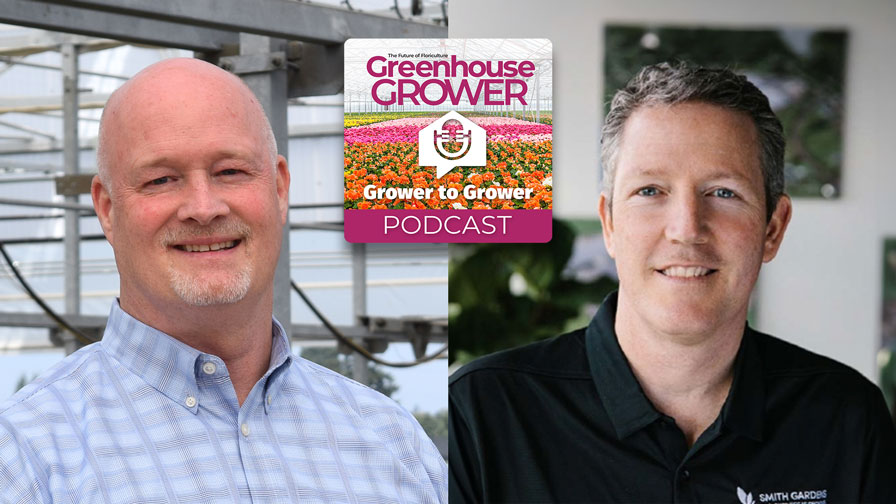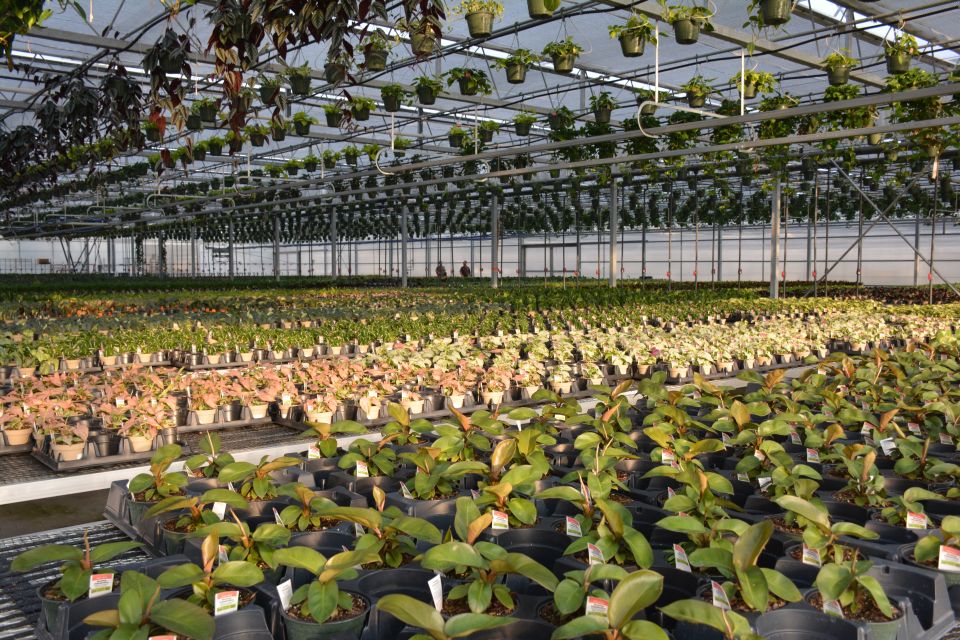Dümmen Orange Shifts Management of its Global Orchid Business
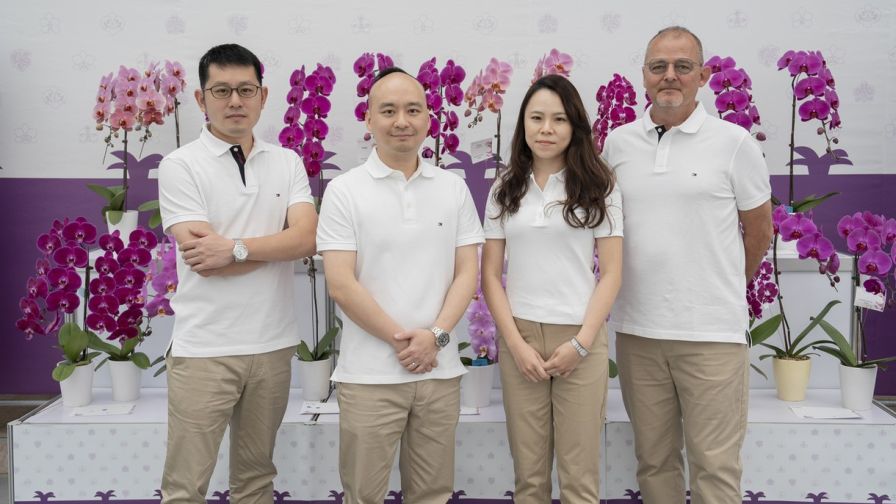 Dümmen Orange has reached an agreement with the business management team on the sale of its global orchid business. As of April 1, all Phalaenopsis activities worldwide, including breeding, propagation, and sales will be managed independently under the Sogo brand. The business currently employs 330 people and comprises propagation for customers around the world. It has been owned by Dümmen Orange since 2017.
Dümmen Orange has reached an agreement with the business management team on the sale of its global orchid business. As of April 1, all Phalaenopsis activities worldwide, including breeding, propagation, and sales will be managed independently under the Sogo brand. The business currently employs 330 people and comprises propagation for customers around the world. It has been owned by Dümmen Orange since 2017.
With this management buyout, Dümmen Orange has made significant strides in its strategic realignment. The move comes after the recent sale of its Anthurium production in the Netherlands, further reinforcing Dümmen Orange’s commitment to streamlining its operations and focusing on offerings in markets where it already has core competencies and strong positions.
Sogo is poised to continue its legacy of excellence in orchid breeding and propagation, and remains dedicated to serving growers, wholesalers, and retailers around the world with premium-quality orchids.
“The transition to independent operation marks an exciting new chapter for Sogo, as we strive to innovate and deliver exceptional products and services to our valued customers and partners,” says Dennis Hsiao, CEO of Sogo.
“Saying farewell to our orchids business was not an easy decision for us to make. There’s a fantastic team around the world and we have shown great things in orchids in recent years,” says Hugo Noordhoek Hegt, CEO of Dümmen Orange. “But we have to be realistic. As a breeder we cannot always make the difference in the marketplace, which for orchids has very specific characteristics. To remain successful in the global orchid market, focus is needed. Within Dümmen Orange’s global portfolio we cannot offer orchids that focus, and that is why it’s better to take this decision. With a great team, a strong customer base and hundred percent focus on the orchid business, Sogo is very well positioned to continue to have a bright future.”





